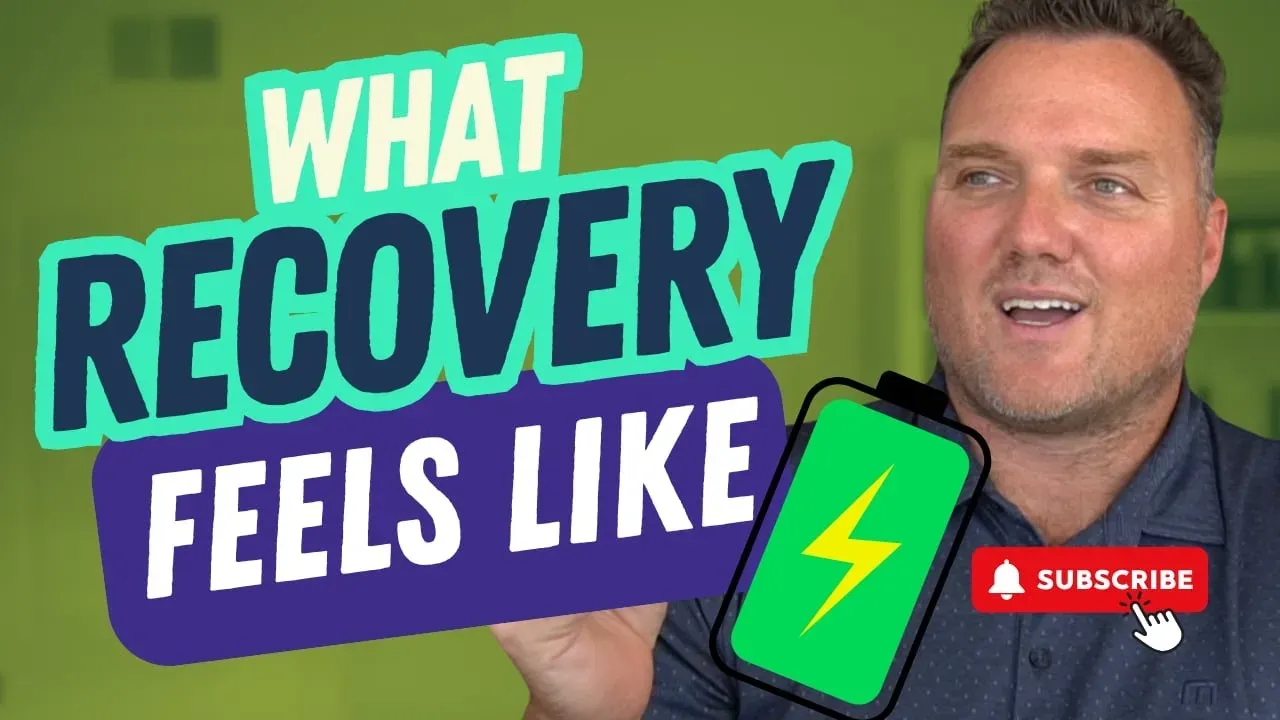What Recovery Feels Like | Breaking Free from OCD, Anxiety & Stress
Jul 14, 2025
What Recovery from OCD and Anxiety Really Feels Like: Insights from Matt Codde
Are you searching for true freedom from the OCD and anxiety loop? Many people make progress but find themselves stuck in cycles that never seem to end. In this article, based on Matt Codde’s (licensed clinical social worker and founder of Restored Minds) insights from Restored Minds’ "What Recovery Feels Like," we’ll dive into the real meaning of recovery and share how it can truly transform your life.
Redefining Recovery: Beyond Symptom Management
Too often, recovery is measured by the absence of unwanted thoughts or uncomfortable feelings. Matt Codde points out that this mindset leads to an endless ebb and flow—some days feel better, some worse, but the loop never truly breaks. If you're measuring your recovery by how much anxiety you have, or if intrusive thoughts show up, you're likely just riding waves instead of reaching real transformation.
True Recovery Is a Paradigm Shift
According to Matt, the real difference between "getting better" and true recovery is not about never feeling anxious or never having intrusive thoughts again. Instead, it’s about a fundamental shift in your perspective—a move from living in fear to living in trust. When someone is truly recovered:
-
Their entire nervous system shifts to a state where they feel fundamentally safe.
-
The undertone of constant anxiety disappears.
-
Fear is no longer the base from which they operate in daily life.
“Recovery is an internal place where you realize you can live from a place of trust, that fear doesn’t actually serve you. ... Living in fear is one of the most senseless things to do in life; all it leads to is destruction in one form or another,” Codde explains.
How Do You Know You’ve Achieved Recovery?
A useful benchmark Matt Codde shares is this: when you’ve reached a place of recovery, content on how to overcome OCD and anxiety becomes irrelevant to you. You don’t need constant tips, techniques, or reassurance because you embody the change. The transformation is so complete that you no longer resonate with the old loop.
To illustrate, he gives the analogy that people who are happy in a relationship stop consuming dating advice. In the same way, when you’re living from a place of trust, you no longer seek out OCD and anxiety advice because you no longer need it.
Recovery is Not the Same as Coping
Matt is clear that true recovery is not about just managing symptoms. It’s not about coping strategies to get by or distracting yourself from anxiety. The transformation he describes involves:
-
Letting go of the belief that fear is necessary for safety.
-
Trusting in life and in yourself at a deep level.
-
Living from a place of authentic security and ease—fear is no longer your baseline.
“You live from a place of embodied trust. That’s what recovery feels like. ... Your entire perspective and relationship and perception and paradigm of that is radically different because the underlying place that you live from is trust, where the underlying place that someone who's stuck in this lives from is fear.”
The Goal: For This Content to Become Obsolete
Matt Codde's unique wish for his audience is that one day, his content becomes obsolete for them. That means you’ve reached such a level of recovery that you don’t need daily reminders, podcasts, or techniques — you’re just living your life.
Key Takeaways
-
Measuring recovery by the absence of symptoms keeps you stuck in the loop.
-
True recovery is a paradigm shift from fear to trust.
-
When you embody recovery, advice and coping tools become obsolete—you no longer need them.
-
The ultimate goal is to live from trust, not fear.
If you’re searching for help on your recovery journey, check out the resources Matt Codde offers at restoredminds.com. And remember—the real transformation isn’t about eliminating thoughts or feelings, but about shifting your entire paradigm to trust.


